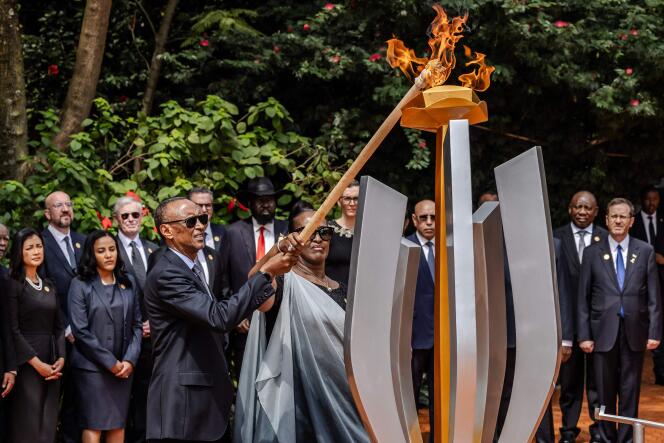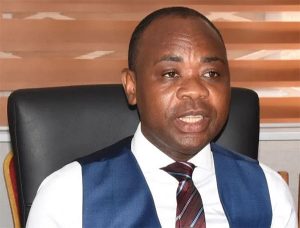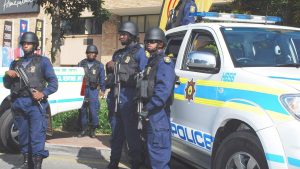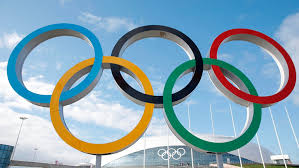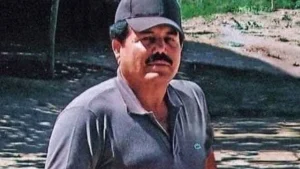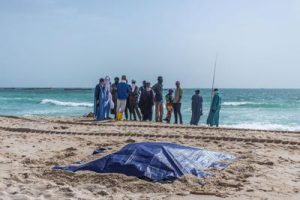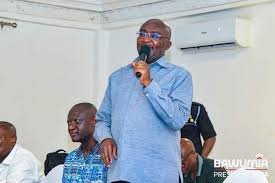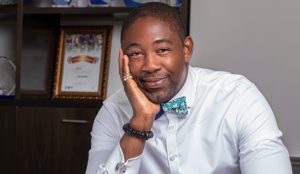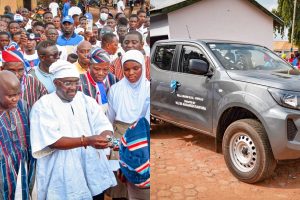The President of Rwanda, Mr. Paul Kagame, has blamed the inaction of the international community for allowing the 1994 genocide to happen, as Rwandans on Sunday commemorated 30 years since an estimated 800,000 people were killed by government-backed extremists. Rwanda has shown strong recovery and economic growth in the years since, but scars remain and there are questions about whether genuine reconciliation has been achieved under the long rule of Kagame, whose rebel movement stopped the genocide and seized power. He has been praised by many for bringing relative stability but
vilified by others for his intolerance of dissent.
Kagame led somber commemoration events in the capital, Kigali. Foreign visitors included a delegation led by Bill Clinton, the U.S. president during the genocide, and Israeli President Isaac Herzog, whose country has been accused by South Africa of committing genocide in Gaza at the International Court of Justice.
The killings were ignited when a plane carrying then-President Juvénal Habyarimana, a Hutu, was shot down over Kigali. The Tutsis were blamed for downing the plane and killing the president and they became targets in massacres led by Hutu extremists that lasted over 100 days. Some moderate Hutus who tried to protect members of the Tutsi minority were also killed.
Rwandan authorities have long blamed the international community for ignoring warnings about the killings, and some Western leaders have expressed regret. Clinton, after leaving office, cited the Rwandan genocide as a failure of his administration. French President Emmanuel Macron, in a prerecorded video ahead of Sunday’s ceremonies, said that France and its allies could have stopped the genocide but lacked the will to do so.
Macron’s declaration came three years after he acknowledged the “overwhelming responsibility” of
France — Rwanda’s closest European ally in 1994 — for failing to stop Rwanda’s slide into the slaughter.
It was the international community that failed all of us, whether from contempt or cowardice,” Kagame said in a speech after lighting a flame of remembrance and laying a wreath at a memorial site holding the remains of 250,000 genocide victims in Kigali.
He also shared the story of a cousin whose family he tried to save with the help of U.N. peacekeepers. She did not survive.
Rwanda’s ethnic composition has largely remained unchanged since 1994, with a Hutu majority. The Tutsis account for 14% and the Twa for just 1% of Rwanda’s 14 million people. Kagame’s Tutsi-dominated government has outlawed any form of organization along ethnic lines, as part of efforts to build a uniform Rwandan identity.
National ID cards no longer identify citizens by ethnic group, and authorities imposed a tough penal code to prosecute those suspected of denying the genocide or the “ideology” behind it.
Kagame said Sunday that Rwandans are disgusted by critics who have “questioned and revised” the history of the genocide. Mass graves are still being discovered across Rwanda 30 years later, a reminder of the scale of the killings.
Kagame, who grew up as a refugee in neighbouring Uganda, has been Rwanda’s de facto ruler, first as vice president from 1994 to 2000, then as acting president. He was voted into office in 2003 and has since been reelected multiple times. A candidate for elections set for July, he won the last election with nearly 99% of the vote.
Though mostly peaceful, Rwanda has also had troubled relations with its neighbours. Recently, tensions have flared in the Congo, with the two countries’ leaders accusing one another of supporting armed groups. Relations have been tense with Burundi as well over allegations that Kigali is backing a rebel group attacking Burundi.

